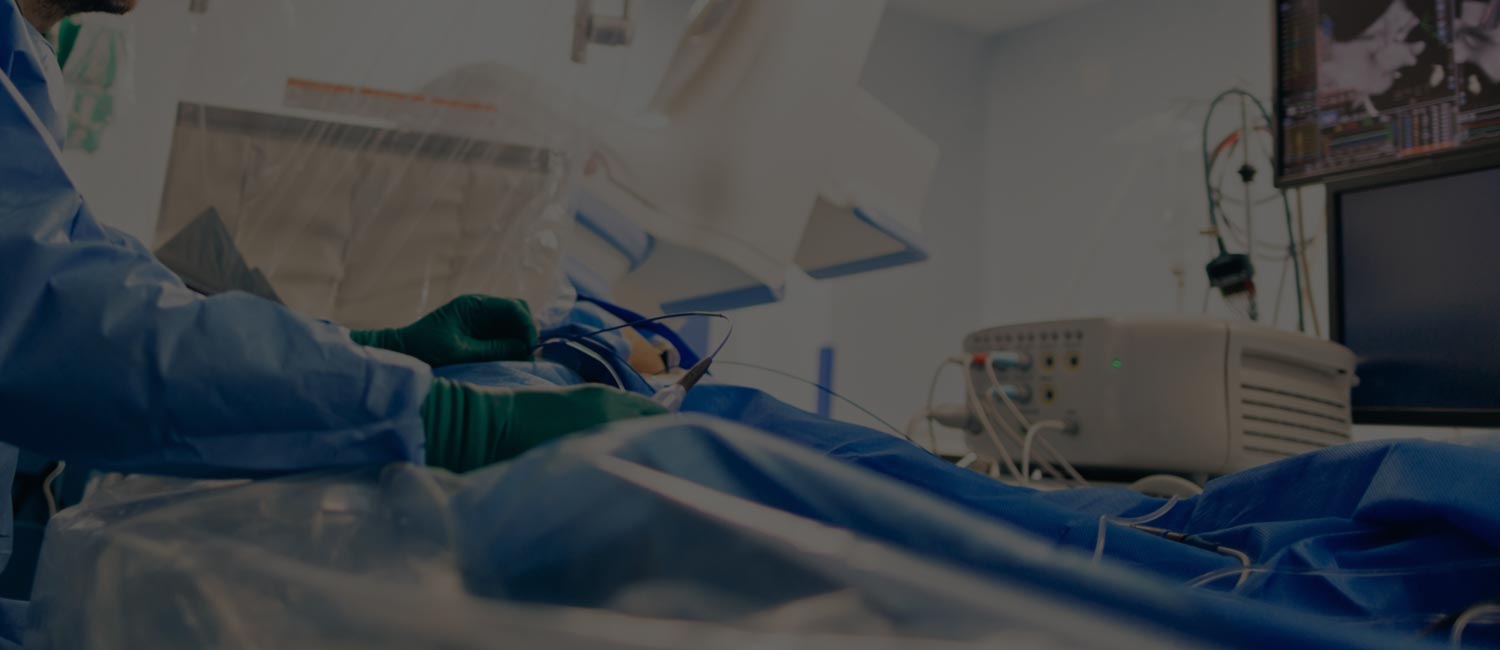As the volume of ablation cases – and electrophysiology cases overall – has increased at Baylor Scott & White The Heart Hospital – Plano so has the hospital’s reputation as a leader for quality outcomes in the field. Since the hospital opened in 2007, ablation case volumes have gone from just over 300 a year to more than 1,000.
“As with any procedure, the highest success rates and the lowest complication rates for ablations are at high-volume centers with high-volume operators,” said Brian DeVille, MD, East Medical Director for Electrophysiology – BSWH. “Doctors in centers that have higher volumes have been shown to have better outcomes.”
Several factors have fueled the growth in Baylor Scott & White Heart – Plano’s ablation volumes. First, the increase reflects a broader acceptance of ablation as a treatment modality in the medical community overall. As clinicians increasingly recognized that ablation can be a successful option for patients, the procedure is being considered earlier in the treatment process.
“Not every patient needs an ablation, but getting the electrophysiologist involved in the early stage helps guide therapy and avoids unnecessarily delaying definitive therapy,” Dr. DeVille said.
Growth has also been driven through increases in the number of electrophysiologists on the medical staff at Baylor Scott & White Heart – Plano. With increased staff and resources, the hospital has increased the number of complex procedures performed and has seen consistent quality outcomes.
Within the ablation program, the biggest growth has been in atrial fibrillation (AFib) ablation volumes. Over the years, AFib ablation procedures have gotten shorter, success rates have increased, and the ability to treat various forms of atrial fibrillation has also increased. For AFib treatment overall, the hospital has taken a comprehensive approach to care.
“We’re starting to treat other aspects of AFib, not just ablation,” Dr. DeVille said. “We’re managing the upstream therapies for things like high blood pressure, thyroid problems, obesity and sleep apnea, and we’re addressing those as root causes.”
Along with ablation for AFib, ventricular tachycardia (VT) ablation has increased significantly. The hospital’s electrophysiology program identifies and evaluates for ablation patients who have ventricular tachycardia and have been shocked by their defibrillator or those with frequent premature ventricular contractions that can eventually weaken the heart muscle.
“We’ve taken a more proactive approach to treating VT patients,” Dr. DeVille said. “Formerly, we might have gone through medicine and after medicine in order to come up with a treatment plan. Patients often suffered side effects or had limited success with medications, so VT ablation as a treatment option has grown as well.”
In addition to ablation options for AFib and VT, Baylor Scott & White Heart – Plano offers complex atrial ablations and epicardial ablation, where ablations are performed on the outside of the heart instead of the inside. Typically, these complex procedures are not available at hospitals with smaller programs.
The hospital’s ability to offer complex procedures and provide quality outcomes allows it the opportunity to participate in numerous trials, research studies and educational programs, bringing even more advanced technology and treatment options to the patients it serves.
These opportunities continue to support sustained growth in the hospital’s overall electrophysiology program and allow Baylor Scott & White Heart – Plano to serve as a referral source for the region. Through the program, a team of physicians on the medical staff is available to evaluate and treat patients with any type of electrophysiological issue.
“Having a patient evaluated at a high-volume center with high-volume operators like us means you get a comprehensive decision on whether medical therapy or procedural therapy is more appropriate,” Dr. DeVille said. “We believe we’re able to give a full, complete evaluation.”




